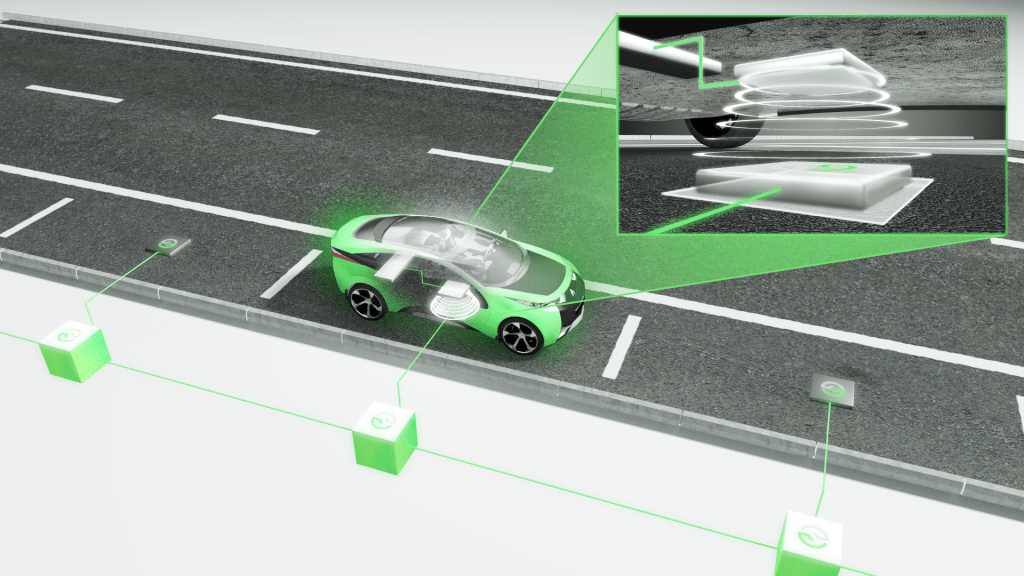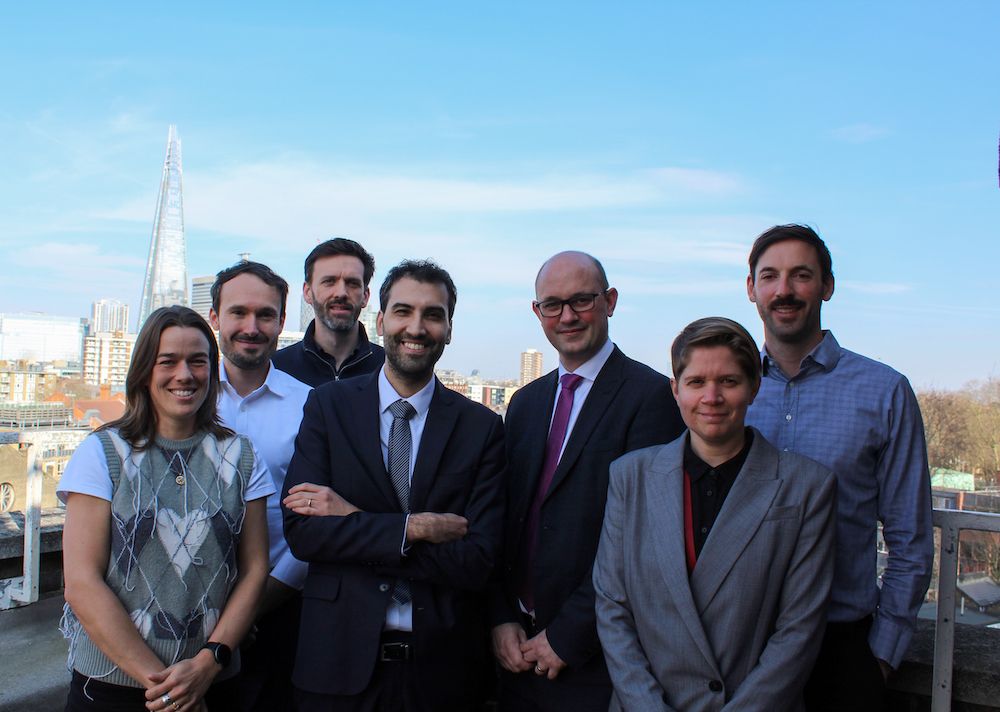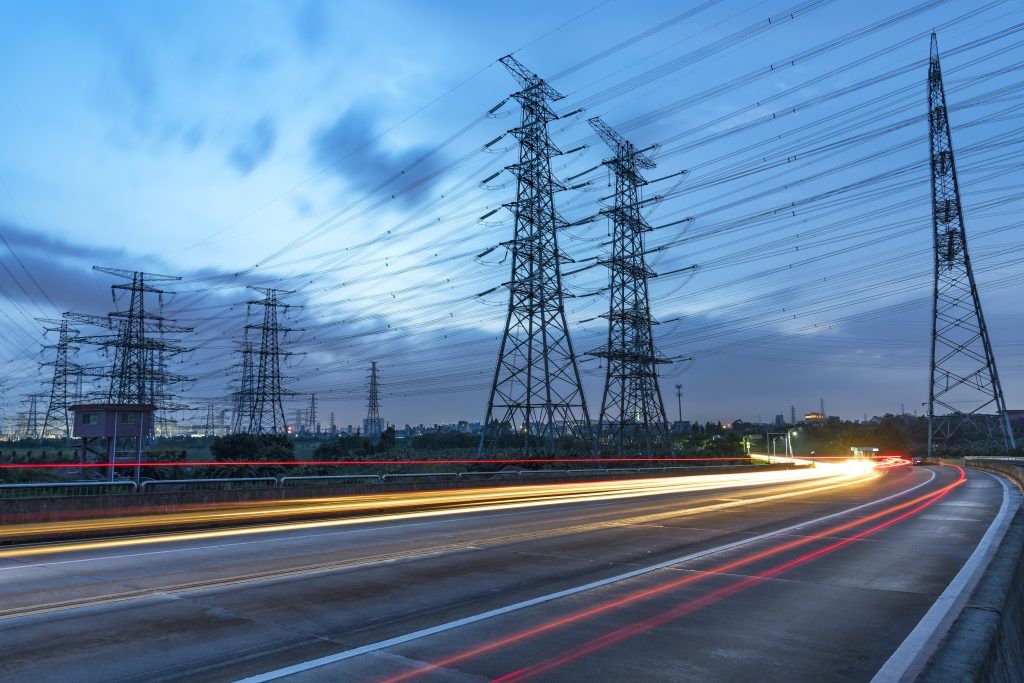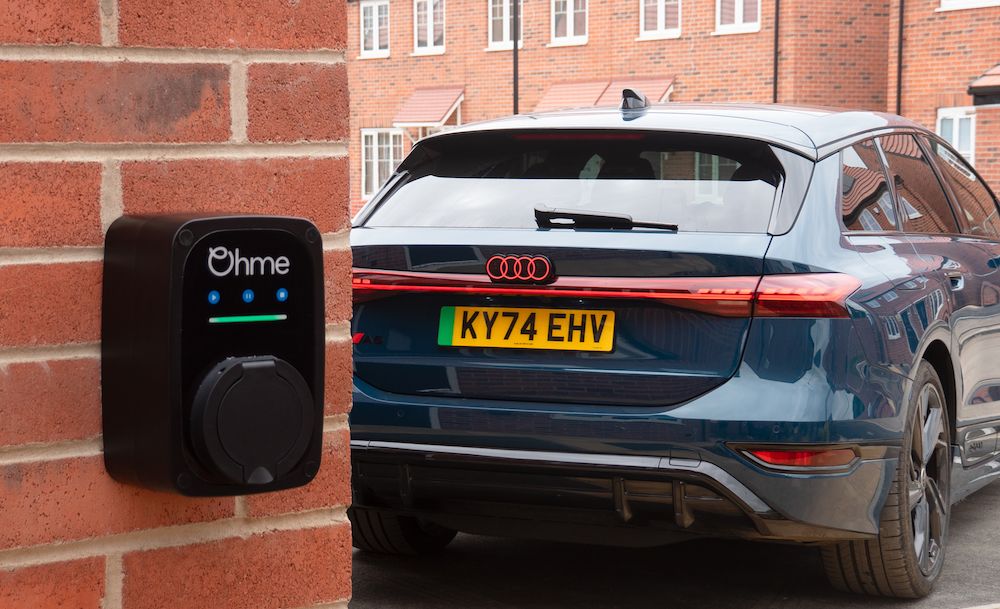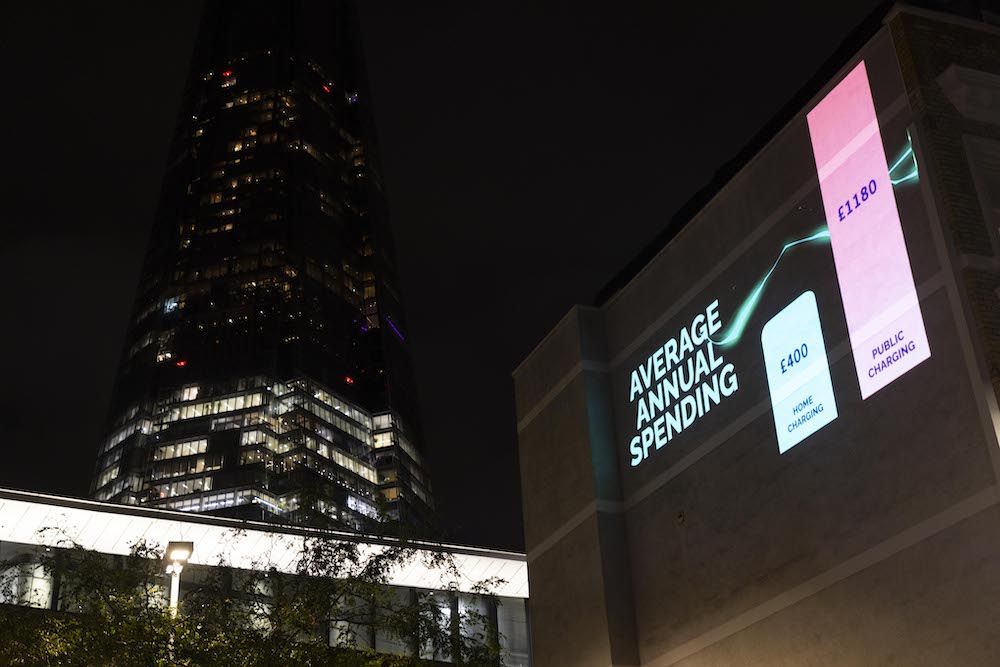Tesvolt is now a shareholder in Stercom Power Solutions, with the two companies aiming to join forces to expedite wireless charging of electric cars, buses and lorries to make driving electric even more convenient, efficient and economical.
Simon Schandert, founder and Chief Technical Officer at Tesvolt, said: “Stercom is a complete technology specialist and one of the first to develop really good products in the field of inductive charging. Our aim is to work together to bring highly efficient charging systems to the market and even in the medium term to enable inductive supercharging with up to 200 kW charging power. This would also make it more efficient to charge while driving in the future.”
Wireless charging involves transferring electrical energy in an inductive, contactless, process from a magnetic coil in or on the floor to a receiver coil in the electric vehicle. This allows for many short but high-speed charging processes – for example on shopping centre forecourts, in multi-storey car parks as well as at home.
Car makers like Audi and BMW are already installing charging coils in new vehicle models.
Daniel Hannemann, founder and Commercial Director at Tesvolt, said: “So far the only wireless charging suitable for mass-production has just 3.2 kW. We want to introduce an inductive charging station to the market with a charging power of 44 kW, which means charging 14 times faster.
“The marketable silicon carbide technology from Stercom works at 95% efficiency to permit a highly streamlined energy transfer – and a distance of up to 20 cm between the sender and receiver coils, something no other provider on the market has been able to do.”
Robert Sterff, founder and CEO at Stercom, said: “Short and frequent charging dispenses with the need for large car batteries, given that the batteries only need to be around half the size. This significantly lowers the price of electric vehicles while making them lighter and therefore more efficient.
“Short and powerful charges do however place high demands on car batteries. In Germany there is lot of research being done into solid-state batteries, which are particularly well suited for this.”
Test routes with magnetic coils under the asphalt are already in place in countries like Italy, France and Sweden. And BMW has predicted blanket coverage of inductive charging by 2030 already.
Image: courtesy Testvolt



